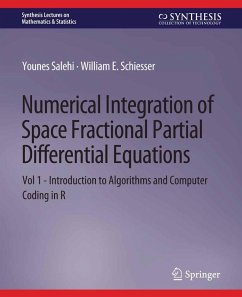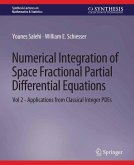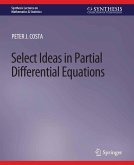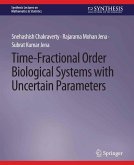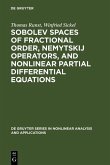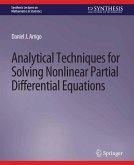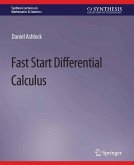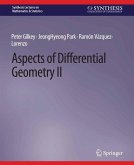Partial differential equations (PDEs) are one of the most used widely forms of mathematics in science and engineering. PDEs can have partial derivatives with respect to (1) an initial value variable, typically time, and (2) boundary value variables, typically spatial variables. Therefore, two fractional PDEs can be considered, (1) fractional in time (TFPDEs), and (2) fractional in space (SFPDEs). The two volumes are directed to the development and use of SFPDEs, with the discussion divided as:
Vol 1: Introduction to Algorithms and Computer Coding in R
Vol 2: Applications from Classical Integer PDEs.
Various definitions of space fractional derivatives have been proposed. We focus on the Caputo derivative, with occasional reference to the Riemann-Liouville derivative.
The Caputo derivative is defined as a convolution integral. Thus, rather than being local (with a value at a particular point in space), the Caputo derivative is non-local (it is based on an integration in space), which is one of the reasons that it has properties not shared by integer derivatives.
A principal objective of the two volumes is to provide the reader with a set of documented R routines that are discussed in detail, and can be downloaded and executed without having to first study the details of the relevant numerical analysis and then code a set of routines.
In the first volume, the emphasis is on basic concepts of SFPDEs and the associated numerical algorithms. The presentation is not as formal mathematics, e.g., theorems and proofs. Rather, the presentation is by examples of SFPDEs, including a detailed discussion of the algorithms for computing numerical solutions to SFPDEs and a detailed explanation of the associated source code.
Vol 1: Introduction to Algorithms and Computer Coding in R
Vol 2: Applications from Classical Integer PDEs.
Various definitions of space fractional derivatives have been proposed. We focus on the Caputo derivative, with occasional reference to the Riemann-Liouville derivative.
The Caputo derivative is defined as a convolution integral. Thus, rather than being local (with a value at a particular point in space), the Caputo derivative is non-local (it is based on an integration in space), which is one of the reasons that it has properties not shared by integer derivatives.
A principal objective of the two volumes is to provide the reader with a set of documented R routines that are discussed in detail, and can be downloaded and executed without having to first study the details of the relevant numerical analysis and then code a set of routines.
In the first volume, the emphasis is on basic concepts of SFPDEs and the associated numerical algorithms. The presentation is not as formal mathematics, e.g., theorems and proofs. Rather, the presentation is by examples of SFPDEs, including a detailed discussion of the algorithms for computing numerical solutions to SFPDEs and a detailed explanation of the associated source code.
Dieser Download kann aus rechtlichen Gründen nur mit Rechnungsadresse in A, B, BG, CY, CZ, D, DK, EW, E, FIN, F, GR, HR, H, IRL, I, LT, L, LR, M, NL, PL, P, R, S, SLO, SK ausgeliefert werden.

